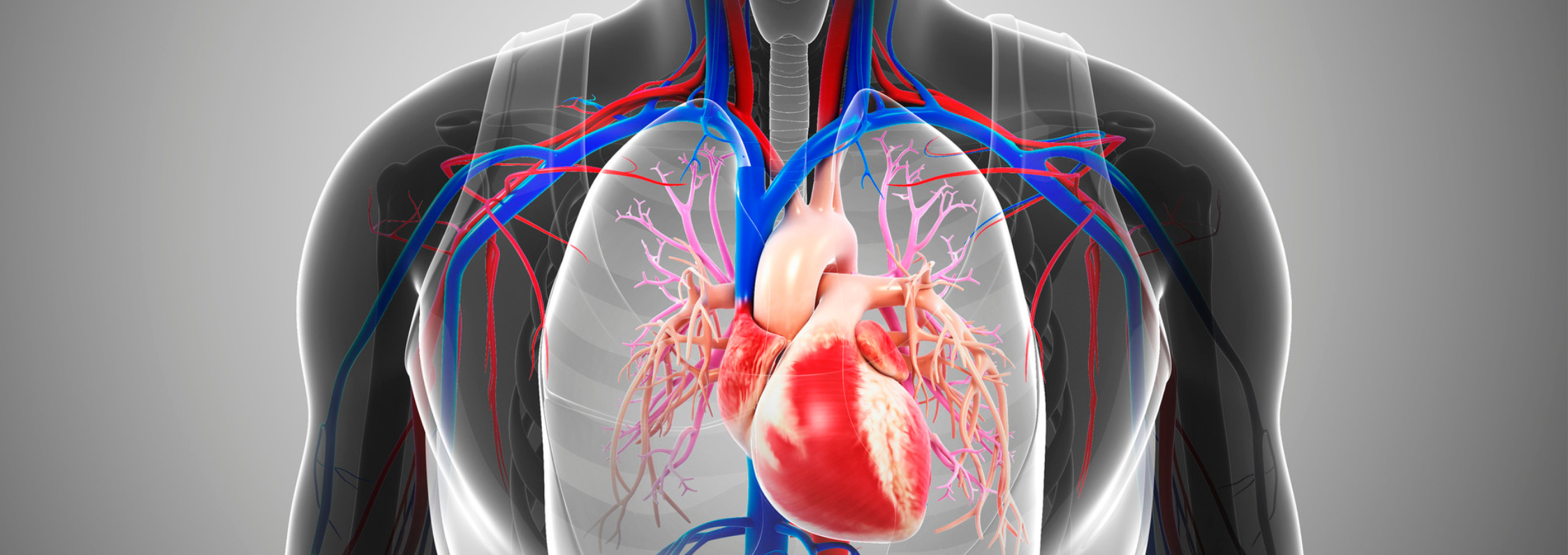Aortic aneurysm: a guide to diagnosis and management
In this article, Dr Hatef Mansoubi and Dr Miles Dalby discuss the process for diagnosing and managing aortic aneurysms, which require regular monitoring to ensure they don’t become harmful. If you have been diagnosed with an aortic aneurysm and wish to have this monitored privately, you can do so at Phoenix Hospital Group under the care of expert radiologists and cardiologists.
What is an aortic aneurysm?
An aortic aneurysm is a bulge that occurs in the wall of the aorta, the main artery that carries blood from your heart to the rest of the body.
While an aneurysm may occur in any blood vessel, they tend to occur in arteries, which are the blood vessels that carry oxygenated blood away from the heart. An abdominal aortic aneurysm (AAA) is the most common type, and occurs in the wall of the aorta within the abdomen below the diaphragm. A thoracic aortic aneurysm (TAA) occurs in the wall of the aorta within the chest above the diaphragm and closer to the heart.
How is an aortic aneurysm diagnosed?
Aortic aneurysms are often spotted incidentally as part of another health screen or test. If your doctor suspects you have an aortic aneurysm, they may conduct an ultrasound to confirm the diagnosis.
As they tend to have no symptoms, it is recommended that men over 65 and women over 75 should get screened for an aortic aneurysm, as these are the groups most at risk.
What happens once I’ve been diagnosed with an aortic aneurysm?
Once being diagnosed with an aortic aneurysm, what happens next depends on the size of it. Large ones may require immediate intervention with surgery or stenting. However, in most cases, aortic aneurysms are small, and will simply require regular monitoring.
If you go through the NHS, appointment dates are usually dependant on where you live and waiting lists in the area. Also depending on where you are, regular monitoring can be inconsistent. Deciding to go privately gives a better patient experience and follow up managed by a multidisciplinary team including expert radiologists, cardiologists and if needed, access to a cardiac surgeon.
If you elect to have a screening test at Phoenix Hospital Group, you will be able to access our expert radiologists and cardiologists who will be able to guide you through an appropriate plan for regular follow up and management including control of risk factors for the condition.
What is an MRA for aortic aneurysm?
An MRA (Magnetic Resonance Angiogram) is a type of MRI scan that looks specifically at blood vessels. It is a safe and essential part of the management of diagnosed aortic aneurysm, and may also be recommended if you or a family member have a history of blood clots or strokes.
If you have been diagnosed with an aortic aneurysm, it is important to regularly monitor it. This is because if an aneurysm grows bigger, it can rupture, which can be fatal. While most aneurysms remain small, it is important to monitor to ensure that if it does grow too big, intervention can be offered before it can rupture. Regular MRA monitoring is essential for keeping track of your aneurysm and guiding treatment.
Where can I get MRA monitoring?
Patients get MRA monitoring at our dedicated Diagnostics & Imaging Centre at 9 Harley Street. Here if onward care is needed, you can rest assured that you are in the very best hands.
Dr Hatef Mansoubi
Dr Mansoubi is a Consultant Radiologist sub-specialising in cardio-thoracic imaging. He completed his membership Royal College of Physicians in 2000 and went on to do further post graduate training at Guy’s and St. Thomas Hospital London. In 2006 he obtained his Fellowship in the Royal College of Radiologists.
He contributes to literature with recently published articles and is a reviewer for the British Journal of Radiology.He is the lead radiologist in thoracic multidisciplinary team meeting and a member of the European Society of Thoracic Imaging and British Society of Cardiovascular Imaging.
Dr Miles Dalby
Dr Dalby is a Consultant Cardiologist specialises in all areas of general cardiology including chest pain, breathlessness, palpitations, high blood pressure and high cholesterol. He held a UK Silver National Clinical Excellence Award from 2017-2022 and directs the cardiology investigation service at 9 Harley St.
Dr Dalby has published more than 100 scientific papers and acted as a reviewer for a number of scientific journals including the principle cardiac journals European Heart Journal and Circulation.
He teaches medical students at Imperial College London, and postgraduate doctors nationally and internationally working with both the British Cardiac Society and European Society of Cardiology.
Book an MRA scan today
If you have been diagnosed with either a thoracic aortic aneurysm or an abdominal aortic aneurysm and are looking to undergo MRA monitoring, or require guidance on next steps, you can call our Diagnostic Centre Team on 0207 079 2102 (open Mon-Fri 8am-6pm).
Alternatively, you can email diagnostics@phoenixhospitalgroup.com and a member of the team will be in touch.



